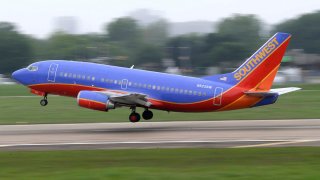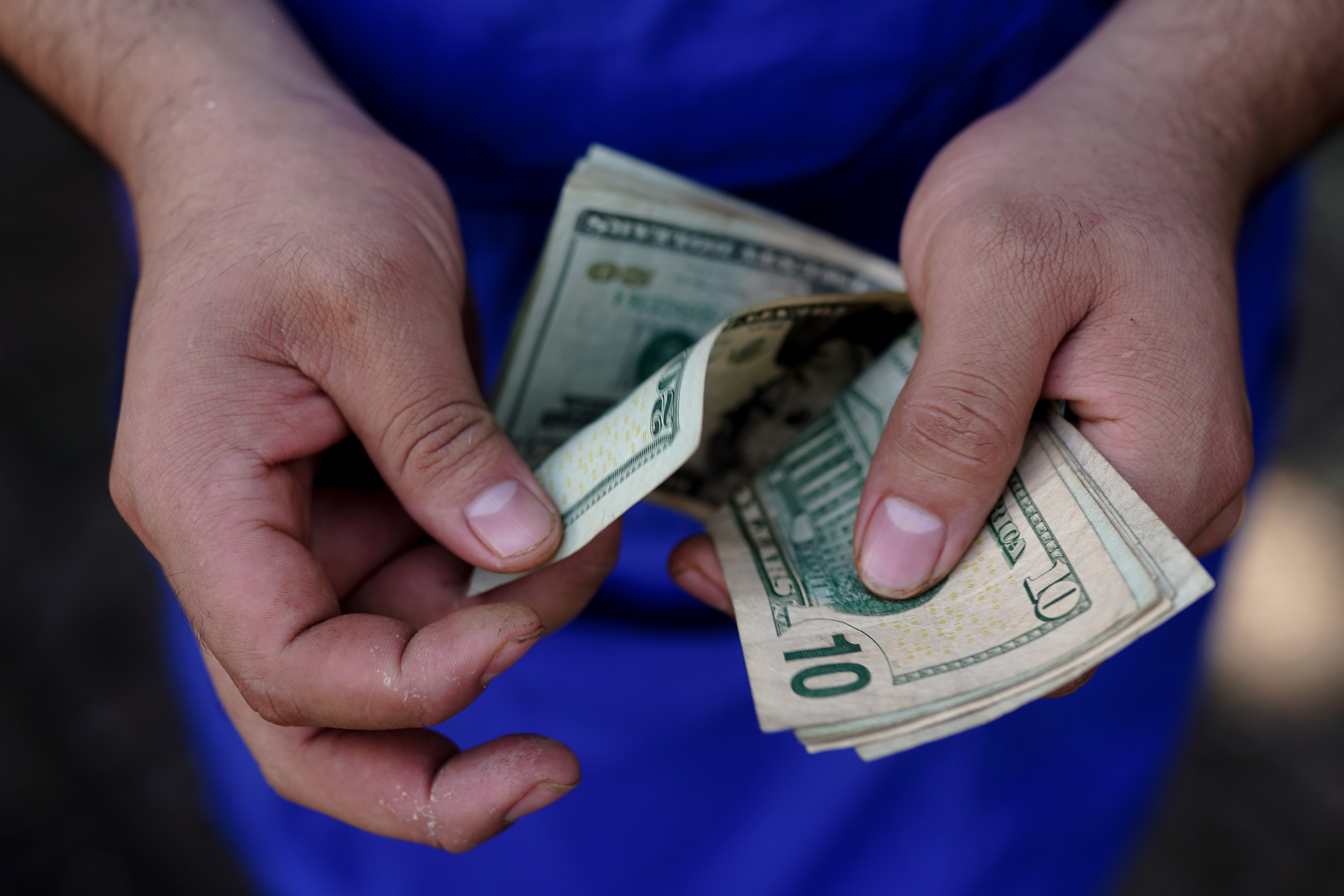
Southwest Airlines executives on Thursday unveiled their vision for Southwest 2.0, an airline that for the first time will give passengers assigned seats, charge them extra for more legroom and offer red-eye flights but bags still will fly free.
The airline announced that it plans to end the open-boarding system it has used for more than 50 years and start flights with assigned seats during the first half of 2026 as it responds to shifting consumer tastes and tries to reverse a three-year slump in profits.
CEO Robert Jordan and other Southwest executives outlined the future refresh during an investor meeting in Dallas where they tried to convince shareholders that they can increase revenue by winning over younger and more affluent customers.
The moves away from Southwest’s simple business model and quirky traditions come as airline management faces pressure from activist investor Elliott Investment Management. The hedge fund blames management for Southwest’s recent underperformance compared with its closest rivals, and wants to replace Jordan and most of the Southwest board.
Along with introducing assigned seats, the airline will make about one-third of them higher-priced premium seats with up to five inches of extra legroom. That will require removing a row of seats on some planes. Work to retrofit the fleet will start in the first half of next year and be completed by the end of 2026, executives said.
Southwest said those moves, along with changes to its network, will add about $1.5 billion in pretax earnings in 2027.
Before Thursday’s event started, Southwest announced a $2.5 billion share-buyback program designed to make existing shares more valuable. It also said that a third-quarter revenue ratio will rise by up to 3% instead of being between flat and down 2%.
Local
Shares of Southwest Airlines Co. rose 8% in midday trading.
Southwest is trying to fend off a possible proxy fight as early as next week with Elliott, which is the airline’s second-largest shareholder.
Feeling out of the loop? We'll catch you up on the Chicago news you need to know. Sign up for the weekly Chicago Catch-Up newsletter.
“We do not support the company’s current course, which is being charted in a haphazard manner by a group of executives in full self-preservation mode,” the hedge fund said this week in a letter to other shareholders.
Jordan argued that the plan laid out Thursday should satisfy investors.
“We do not believe that a proxy fight is in the best interest of the company, and we remain willing to work with Elliott on a cooperative approach,” he said.
Jordan said the refresh plan had been in the works a long time. “For Elliott to call that plan rushed and haphazard, in my opinion, is inane.
Elliott did not immediately comment on Jordan’s remarks.
When will Southwest end open seating?
According to an announcement, Southwest plans to sell assigned seats in the second half of 2025, with its first flights operating under the new in the first half of 2026.
In dumping open seating, Southwest said its surveys show that 80% of its customers now want to know their seat before they get to the airport instead of having to search for open seats when they board the plane.
As part of the switch, the airline will have four airfare tiers, each offering more convenience and comfort. Southwest officials said the "Premium Seating" will appeal to business travelers.
As for boarding, the process will "evolve," Southwest said. The updated process will "maintain" the airline's approach in boarding through position numbers, with the carrier's most loyal customers getting the opportunity to board first.
What isn't changing: Bags fly free.
Southwest stopped short of changing another of its longtime characteristics: letting passengers check up to two bags for free, a break from fees that are charged by all other leading U.S. airlines. Executives said it’s the most important feature in setting Southwest apart from rivals.
U.S. airlines brought in more than $7 billion in revenue from bag fees last year, with American and United reaping more than $1 billion apiece. Wall Street has long argued that Southwest is leaving money behind.
Southwest, which has built years of advertising campaigns around bags-fly-free, estimated that bag fees would raise about $1.5 billion a year, but eliminating the perk could drive away passengers, costing the airline $1.8 billion, or a net loss of $300 million a year.



